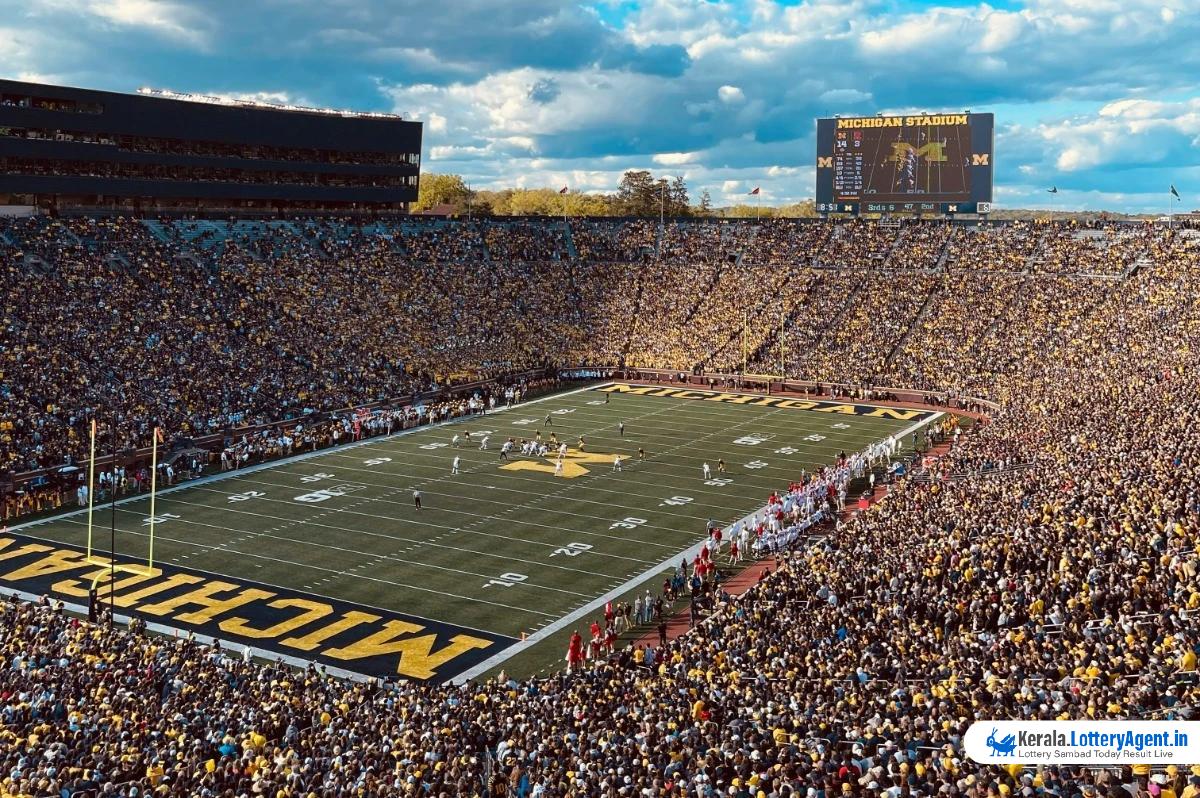
The recent introduction of the “Illegal Gaming Attestation Internet Game Content Providers” form by Michigan regulators has stirred the waters in the state’s burgeoning igaming industry. Intended to weed out illegal operators who siphon business and taxable revenue from Michigan’s legal market, the form is causing significant unease among stakeholders.
The form, ostensibly well-intentioned, has created a storm of controversy due to its ambiguous language and undefined terms. Key industry players, particularly those with global operations, are alarmed by the potential for unintended consequences stemming from the Michigan Gaming Control Board’s (MGCB) methods.
Gaming lawyer Susan Hensel of Hensel Grad PC, who has a wealth of experience from her tenure on both the Pennsylvania Gaming Control Board and the International Association of Gaming Regulators, voiced her concerns about the form’s lack of clarity. “The form does not define every single relevant term, such as what constitutes ‘illegal gambling’,” Hensel explained. “The language requires some interpretation, and it may make sense for companies with questions to approach the regulator for clarification. Normally, this type of inquiry is handled through interviews with key executives as part of the overall background investigation. This form, however, is an up-front, in-your-face attestation that puts the company on record with its answers to the questions.”
When Casino Reports sought a clearer definition of the term “illegal gambling,” the MGCB did not provide precise guidance. Public information officer Lisa Keith responded that “the term ‘illegal’ is not a defined term on the form; therefore, the common and ordinary meaning of this term should be applied.” This response has done little to alleviate the concerns of those affected, as the lack of clear definitions leaves significant room for interpretation and uncertainty.
Keith further informed that the board had disseminated the form to parties with a filing deadline of June 1, 2024. This includes all game content providers licensed (or applying for a license) under the Lawful Internet Gaming Act.
The ambiguity surrounding legal versus illegal activity has bred considerable anxiety and confusion among operators. Michigan’s market is of particular importance, given its status as one of the premier and most profitable igaming destinations in the United States.
. Alongside New Jersey, Michigan is a key jurisdiction where businesses have invested substantial resources, which they are keen to protect from regulatory missteps.
Industry insiders worry that the lack of clarity could have a chilling effect on the market. The anxiety stems from the risk that well-meaning but vague regulatory measures may inadvertently ensnare legitimate operators, causing them to face legal ramifications or jeopardize their operations. The concern is that this could stifle innovation, deter investment, and ultimately damage the very market that the MGCB aims to protect.
The MGCB’s approach is under scrutiny from multiple quarters, with stakeholders calling for more precise definitions and a more collaborative approach to formulating and implementing regulatory measures. The current climate invites further dialogue between regulators and industry participants to ensure that the objectives of curbing illegal activities are met without casting an overly broad and indiscriminate net.
Moreover, the situation highlights the complex nature of regulating a rapidly evolving industry like igaming. As technology advances and markets become more interconnected globally, the lines between legal and illegal activities can blur. Regulators face the challenging task of crafting rules that keep pace with industry developments without stifling growth and innovation.
The debates surrounding the new MGCB form underscore the need for transparent, well-defined regulations that provide clear guidelines for industry participants. Ensuring that terms are explicitly defined and that there is a robust framework for addressing ambiguities is crucial for fostering a stable, predictable regulatory environment.
As the discussion continues, it remains to be seen how the MGCB will respond to the feedback from stakeholders. The industry is watching closely, hoping for adjustments that will address their concerns and foster a regulatory landscape that supports both legal compliance and market growth.
The full implications of the “Illegal Gaming Attestation Internet Game Content Providers” form will unfold in the coming months. However, the current unrest signals a critical juncture for Michigan’s igaming industry and the necessity of ongoing engagement between regulators and operators to navigate the complexities of this dynamic sector.
Casino Reports remains committed to providing in-depth coverage of developments in the regulated US online casino and igaming industry, offering news, features, and original reporting on business, legislation, regulations, and more.












